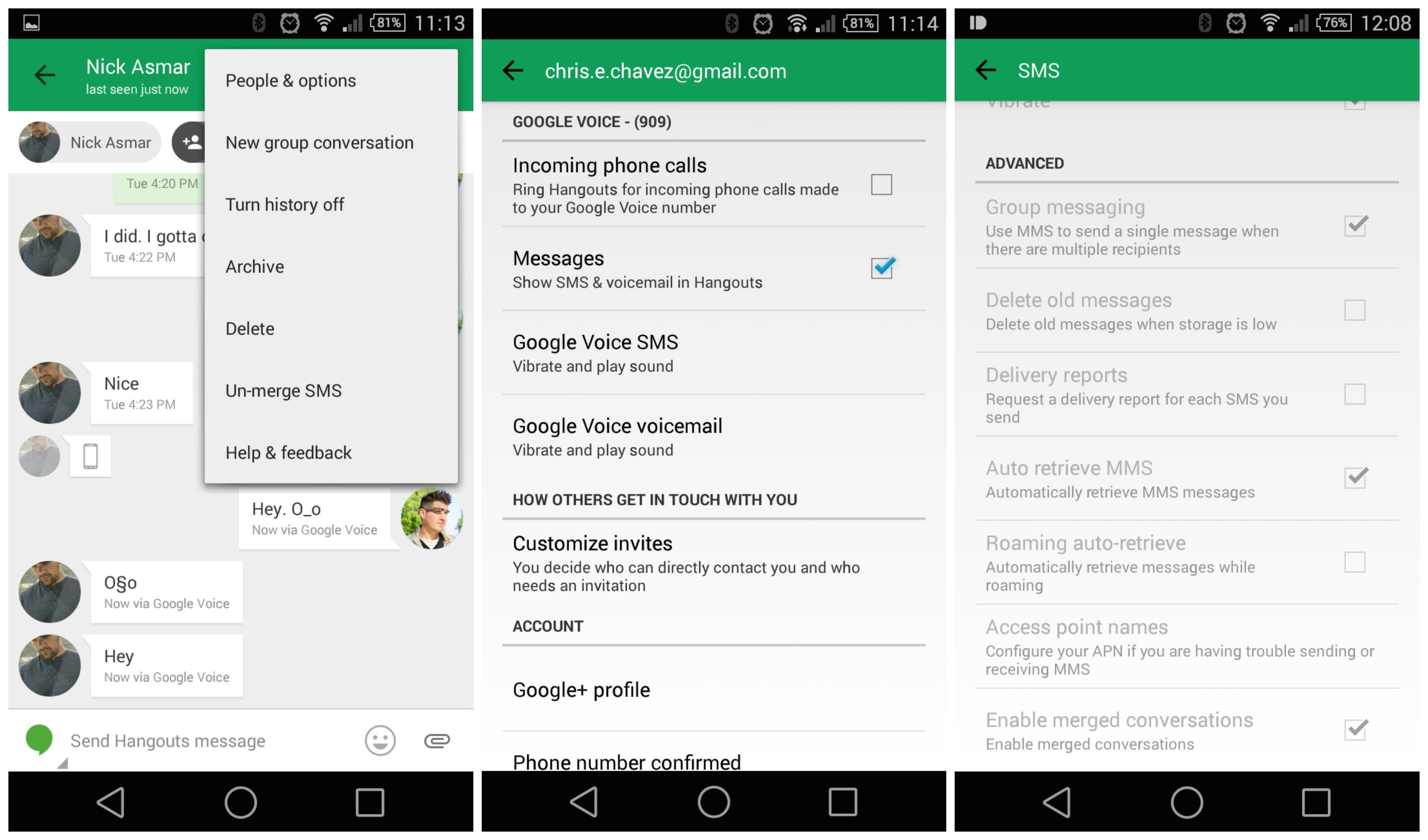

In what became the beginning of a pattern, Sustainalytics ignored these questions and offered no insight into its selection criteria. The focus and bias with respect to Israel was so extreme, that some investors began to ask questions as early as 2016. In the case of Israel, the Sustainalytics ratings led to a de facto boycott of Israeli companies based on strange, obsessive, skewed, and above all, unexplained criteria. This is why it is so vital for raters to be absolutely transparent about how they arrive at their ratings and to be crystal clear about whether the criteria used really reflect investor concerns.

Understand which factors might get you screened out…business involvement screens understand which controversial business involvement will get you flagged.” Being flagged means that the $17 trillion investment pool will exclude your firm, or in the case of Israel, a country. As one top investment bank put it to its corporate clients, “Ignore the noise… it is important to focus your efforts on the key providers most commonly used by investors-MSCI and Sustainalytics. Thus, the power of these two companies to direct where this money goes is massive. Further, there are just two firms that are doing the bulk of the screening for ESG: Morningstar, through its subsidiary Sustainalytics, and MSCI. This means mutual funds, pension plans, and all manner of investment vehicles that involve almost all Americans are influenced by ESG ratings. To put this in perspective the value of all the US stocks is about $45 billion. As the report itself states, ESG investing accounts for $17 trillion of investments in 2022 and growing rapidly.

To comprehend why this issue is crucial not only for Israel and the Jews, one needs to understand the importance of ESG and Morningstar’s leading role in ESG screening. In fact, the report, which is best described as a Nixonian “modified limited hang-out,” should worry all investors who count on ESG raters to help them invest for the good of the planet.

The story of how this report came to be, as well as its content, sadly have done little to improve the confidence of investors who noticed the company’s unexplained and unjustified bias. As one of two of the most influential ESG rating agencies in the world today, this boycott has huge economic ramifications for Israeli companies (many of which are at the forefront of life-saving technologies) and critical conceptual ramifications for ESG as an investment filter. In June of this year, Morningstar issued a report in response to the criticism that its ESG (Environment, Social, and Governance) scores, ratings and commentary supported a boycott of Israel while ignoring dozens of conflict zones in the world. Since then, Morningstar comissioned a independent report in order to investigate the criticism. The essay enumerated how investors who have no desire to boycott Israel may be doing so because of hidden screens run by Morningstar’s subsidiary, Sustainalytics, that disproportionately penalize companies doing business with or in Israel. Shay, called “ A Smear By Any Name,” which took issue with Morningstar’s ESG ratings, which he, as well as many others, found to be widely and disproportionally biased against Israel. Editor’s note: In November 2021, The Jewish Link published an important essay by Scott A.


 0 kommentar(er)
0 kommentar(er)
